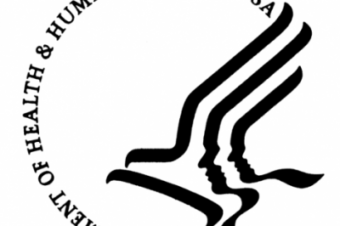Emergency responders know that disasters and emergencies can cause great destruction to infrastructure and damage people’s physical health. It can be challenging for responders to anticipate the behavioral health consequences of disasters for victims and for the responders themselves. This is because the emotional effects of disaster may not be seen in the tangible ways physical injuries might be. Effective coping with disaster has a lot to do with a responder’s individual resilience. Read more.
Similar Posts
Understanding How to Accommodate Service Animals in Health Care Facilities
This fact sheet is intended to clarify legal obligations and etiquette when interacting with an... Read More
Delivering Gender-Informed Health Services in Emergencies
This fact sheet provides information on maintaining a gender perspective during emergencies. Differences are correlated... Read More
Community Resilience
Community Health Resilience is the ability of a community to use its assets to strengthen... Read More
Individual Resilience
Individual resilience involves behaviors, thoughts, and actions that promote personal wellbeing and mental health. People... Read More
Resilient Children/Resilient Communities Initiative
Developed in partnership with GSK and Save the Children®, which aims to analyze, recommend, and... Read More
A Guide to Managing Stress in Crisis Response Professions
This SAMHSA pocket guide provides first responders with information on signs and symptoms of stress... Read More


